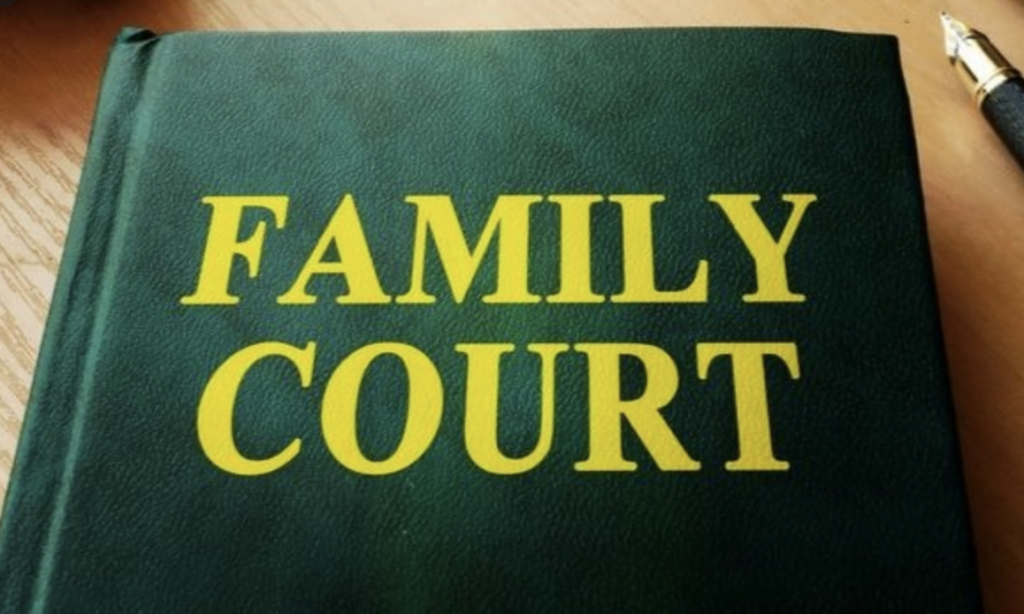Join us to learn more about the family court and its treatment of victims and perpetrators of abuse, coercive control, parental alienation and false allegations. Subscribe to our podcast channel and get reminders to know when we next publish.
contact for fathers
The CAFCASS ‘Tool’ for Assessing Coercive Control
Coercive behaviour is defined as “an act or a pattern of acts of assault, threats, humiliation and intimidation or other abuse that is used to harm, punish, or frighten their victim. Coercive control involves repeated, ongoing, intentional tactics which are used to limit the liberty of the victim.
CAFCASS Assessments: The Child Impact Assessment Framework (CIAF)
The Child Impact Assessment Framework (CIAF) sets out how CAFCASS think children experience parental separation, how the child’s reaction can be understood and what should be done. The framework consists of four guides which Cafcass practitioners can use to assess different types of problem, known as ‘case factors’.
CAFCASS: Child Contact Interventions and the Separated Parents Information Programme
CAFCASS describe Child Contact Interventions (CCIs) as short-term interventions of supervised contact. They are designed to help adults and children establish safe and beneficial contact when it is difficult to do on their own. CAFCASS consider CCIs should be a ‘learning opportunity’ for parents with input from the Separated Parents Information Programme (SPIP).
CAFCASS interventions/assessments: The Domestic Abuse Perpetrator Programme (DAPP)
If you’re being assessed by CAFCASS, we’d love to hear what it’s like for you.
The DAPP is run for CAFCASS by independent providers (see the Directory of Providers). It aims to help people who have been abusive towards their partners or ex-partners to change their behaviour and develop respectful, non-abusive relationships. CAFCASS says that a DAPP can make an important difference to the lives of those involved, including the children but it can be challenging. The court’s decisions about contact will be based on the progress made in the programme.
CAFCASS: Representing Yourself in the Family Court
When you represent yourself in a contested family case, in other words without a lawyer, you are called a ‘litigant in person’ (LIP). It’s an extremely daunting experience and the best way to cope is to understand the process, read up about the issues, get good advice and guidance and be organised so as to make sure you do what’s necessary. For the professionals involved it’s their jobs. For you it’s your life and much more stressful. The better prepared you are the less likely you are to be overwhelmed.
What should I expect in a CAFCASS interview? (CAFCASS Assessment Part 2)
You will gain a lot by understanding what’s to be covered in a CAFCASS interview and to have had time to think about how you’ll reply. So prepare well. Read their interview plan to see what CAFCASS cover in their interview, understand the principles by which they work and read my previous blogs with more CAFCASS information.
CAFCASS Assessment (Part 1)
This blog explains what CAFCASS do behind the scenes, who they talk to at the start of a case, what questions to expect in the telephone interview (your first contact with a CAFCASS worker) and the types of reports they write. It will help you to be better prepared.
5 tops tips to make sure you get contact with your child
You may be worried that contact with your child is going to be limited. It’s a very common problem for fathers in particular, and it’s specially worrying if you already have limited contact after the breakup, as a result of leaving home, trying to find somewhere acceptable to live and having to make do with whatever awkward arrangement can be made. Many fathers understandably assume that the court will automatically side with the mother and not respect the needs of children to have good, strong and stable relationships with their fathers.







